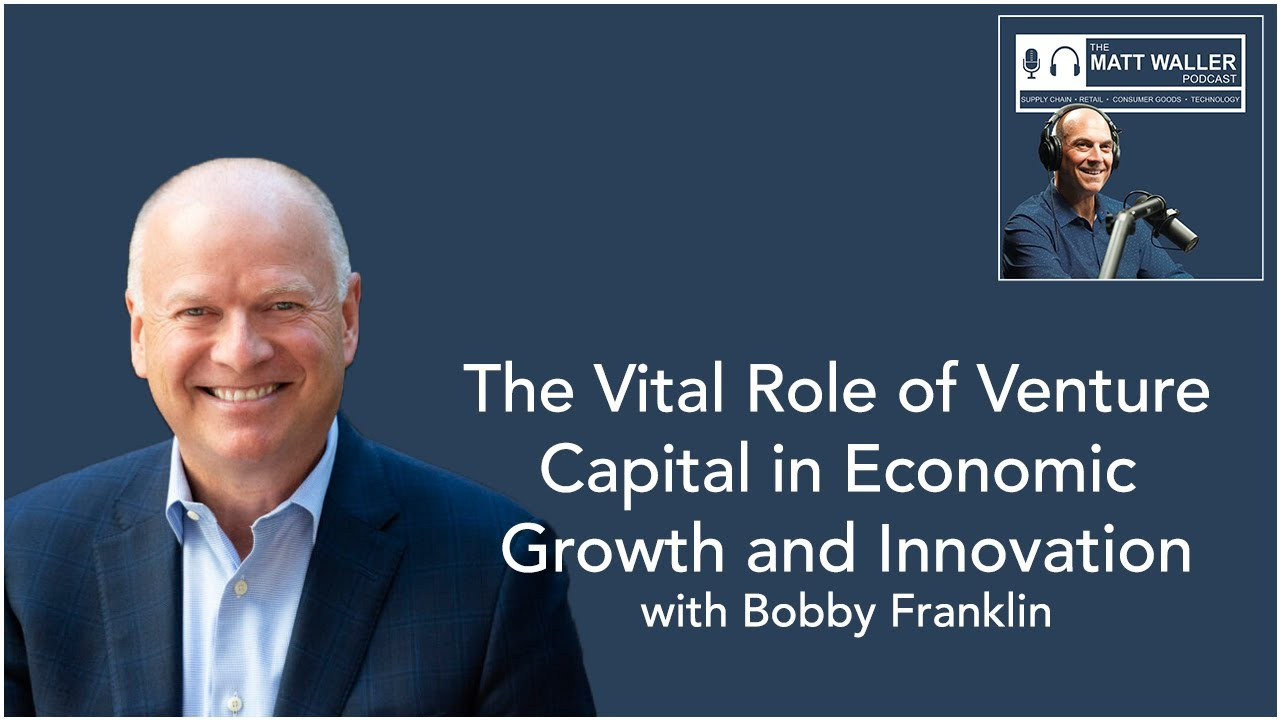The venture capital industry in the United States is a crucial driver of innovation and economic growth, providing early-stage funding and guidance to transform ideas into groundbreaking technologies and companies. Recent years have seen record levels of investment and dealmaking, fueling a wave of innovation across the country. However, the industry faces challenges from a complex policy environment and uncertainties arising from shifts in regulations and economic conditions.
Bobby Franklin of the National Venture Capital Association (NVCA) highlighted the historical growth of venture capital, emphasizing key policy shifts in the 1970s that spurred its significant expansion. Venture-backed companies have demonstrated outsized economic impact, with over 50% of public companies since the 1970s having venture capital backing. Despite this, there remains a disconnect between policymakers and the unique needs of venture-backed companies, particularly regarding regulatory challenges such as mergers and acquisitions and antitrust regulations.
The NVCA's mission is to foster rational policy discussions to preserve and enhance the nation's innovative capacity. Franklin emphasized the importance of engagement with venture-backed companies and highlighted the significance of seed and pre-seed investments as indicators of the entrepreneurial ecosystem's health. Despite short-term fluctuations in investment stages and sectors, long-term indicators remain positive, indicating continued confidence in high-potential ventures. Rational public policy, including targeted programs like startup visas, will be crucial in maintaining U.S. leadership in innovation and ensuring the growth of the venture capital industry well into the future.
The Vital Role of Venture Capital in Economic Growth and Innovation



Member discussion: